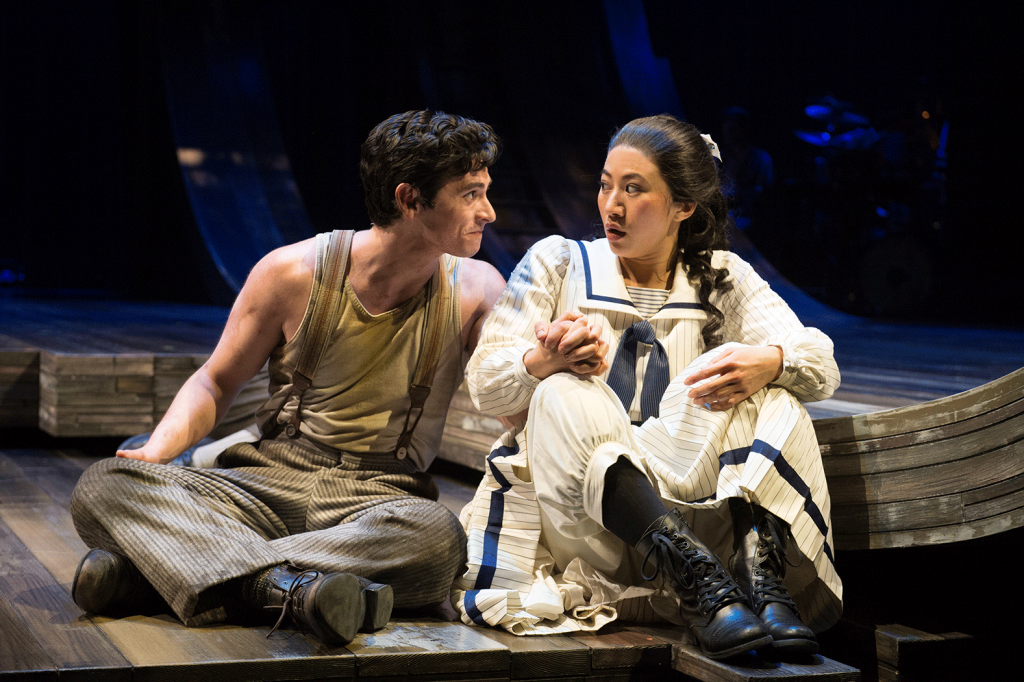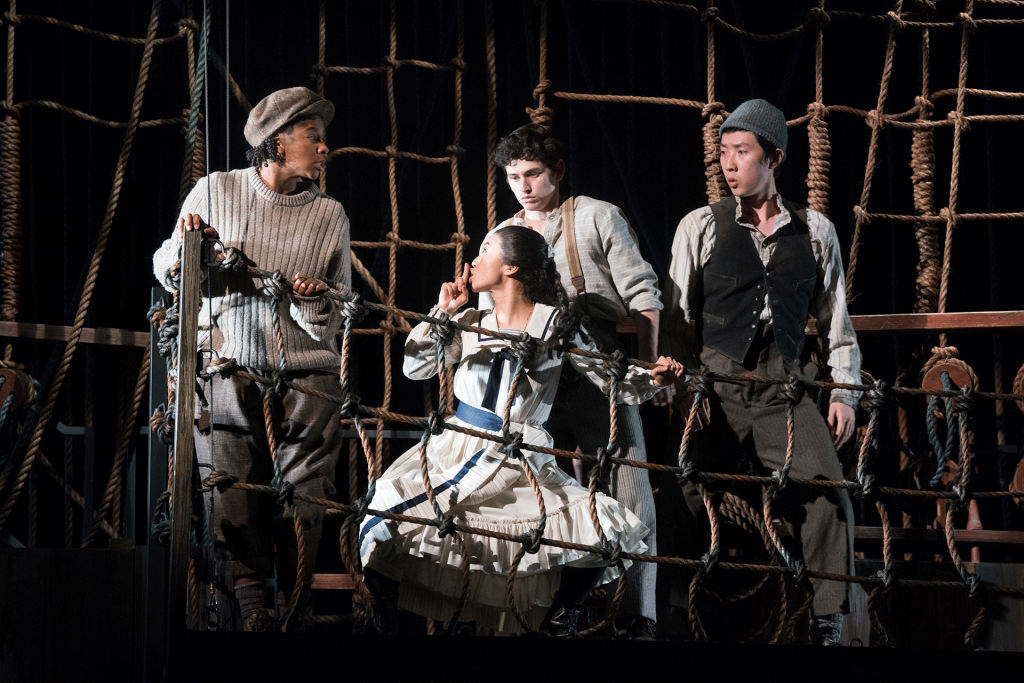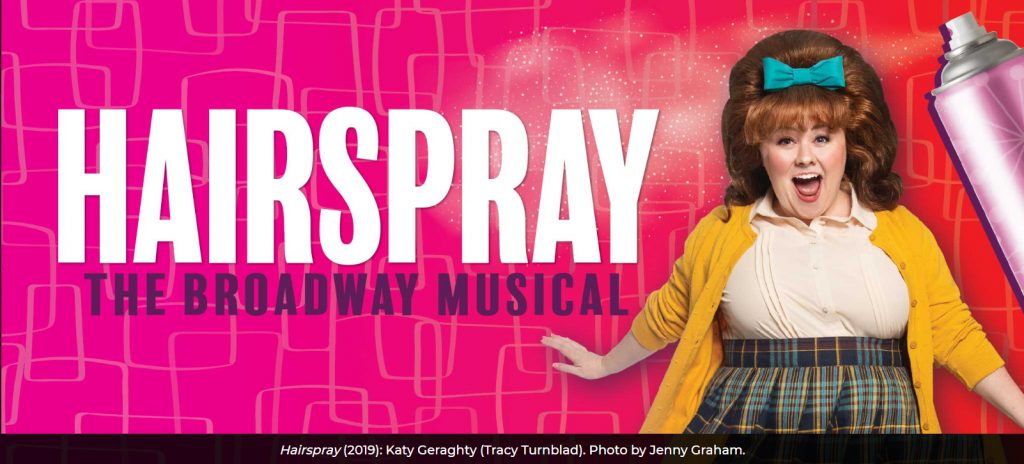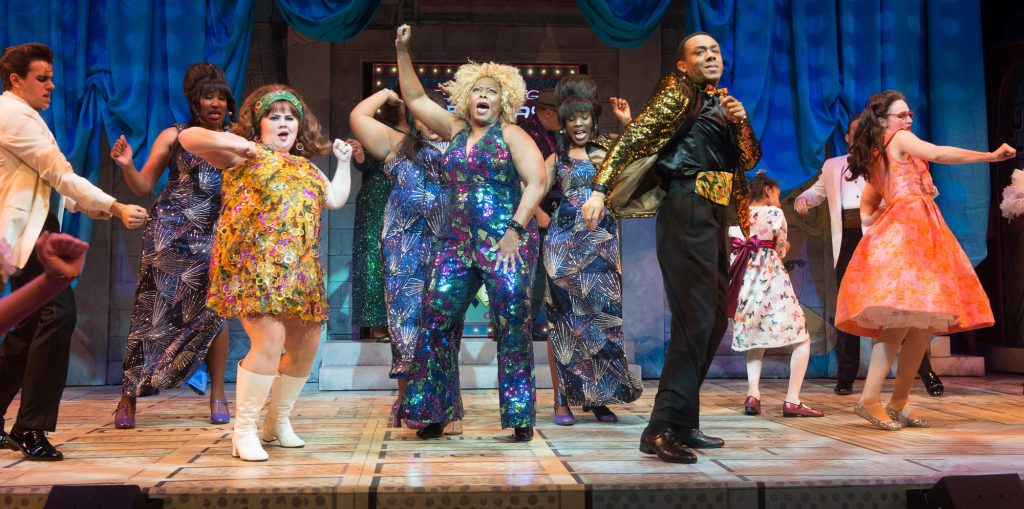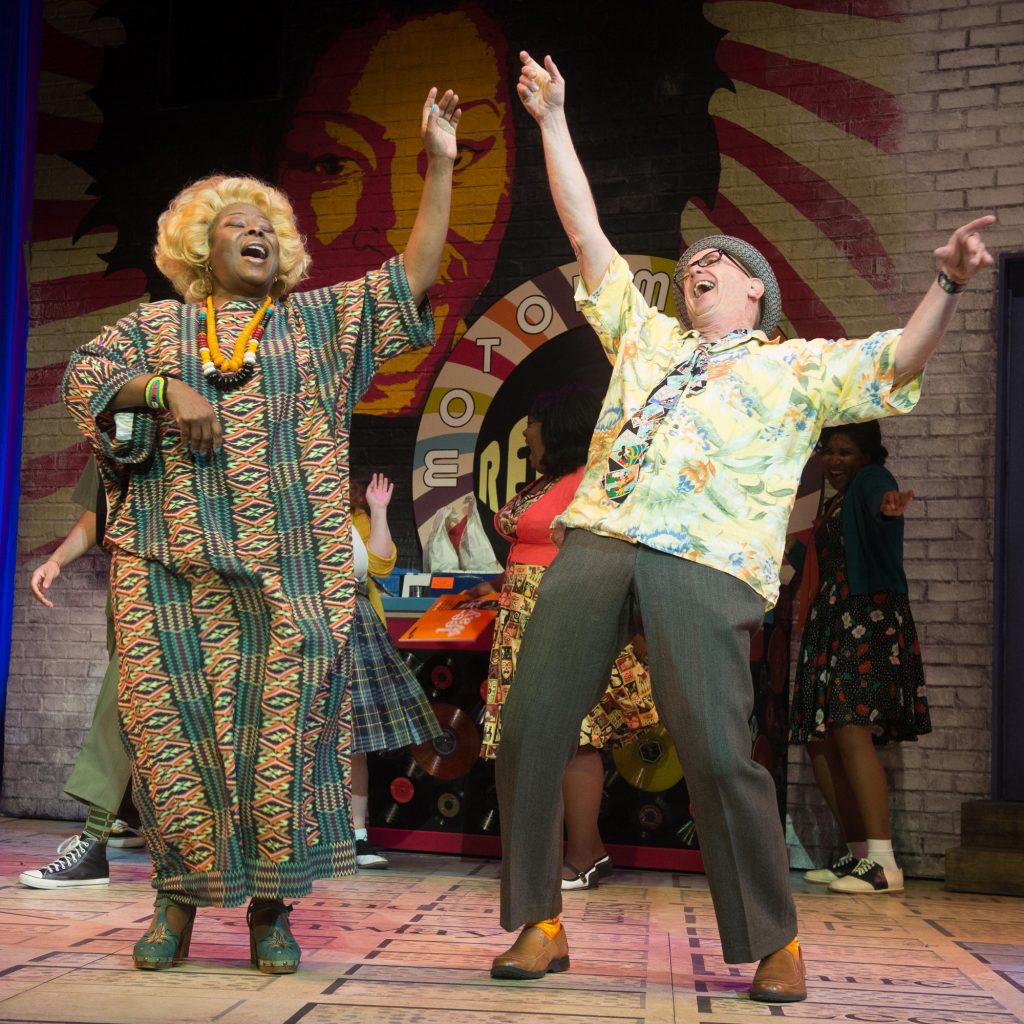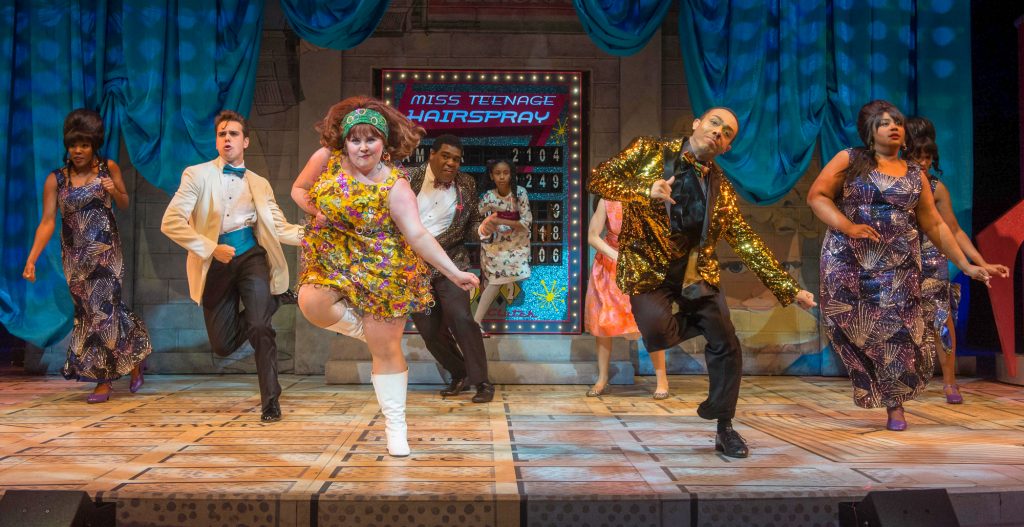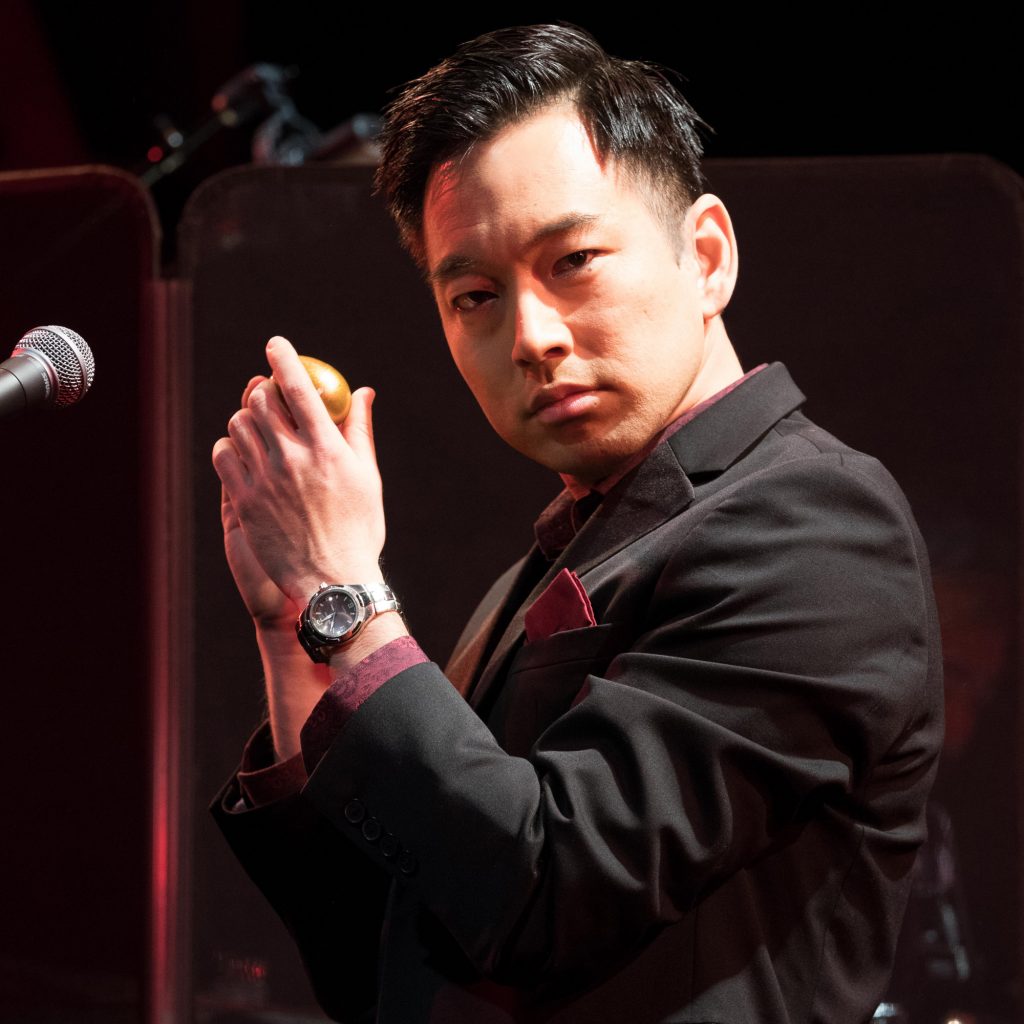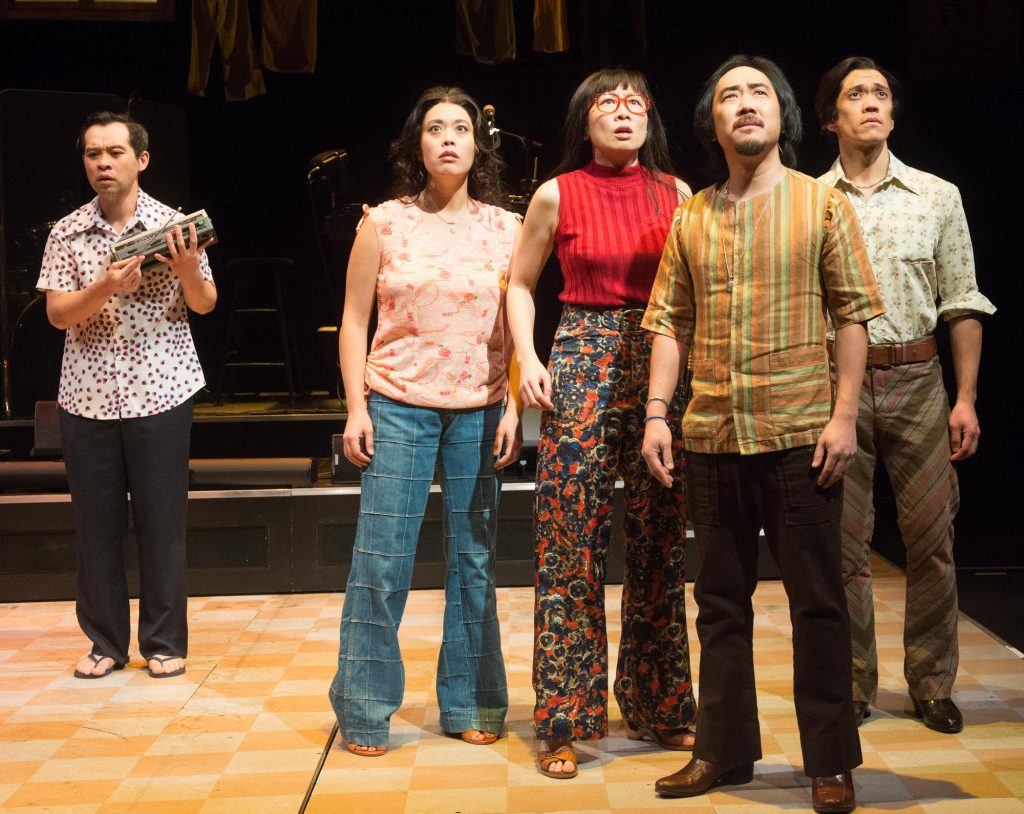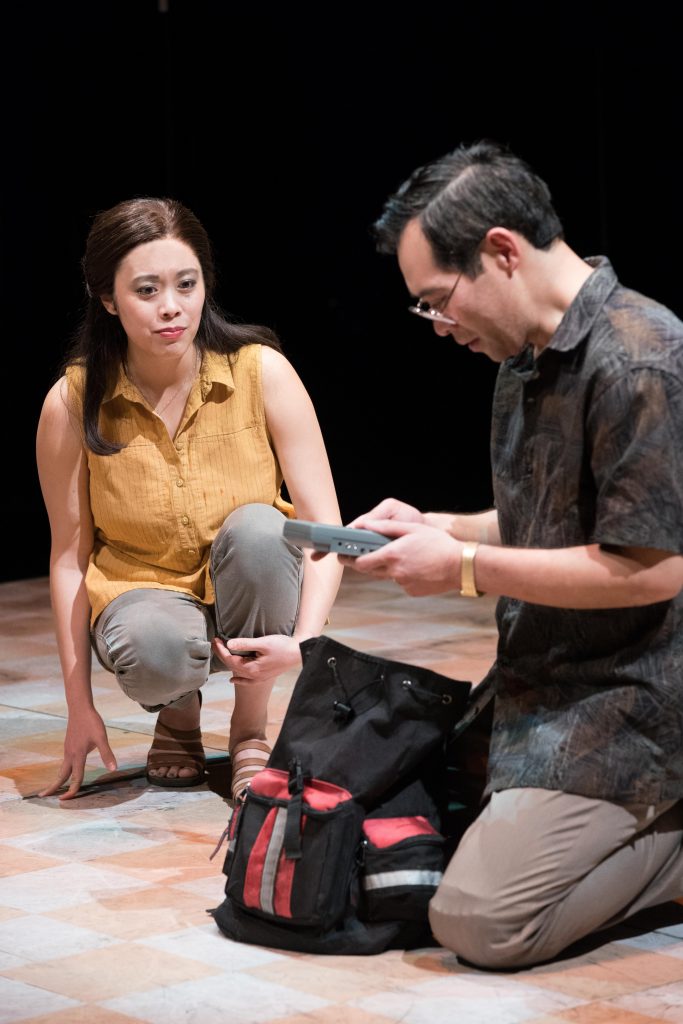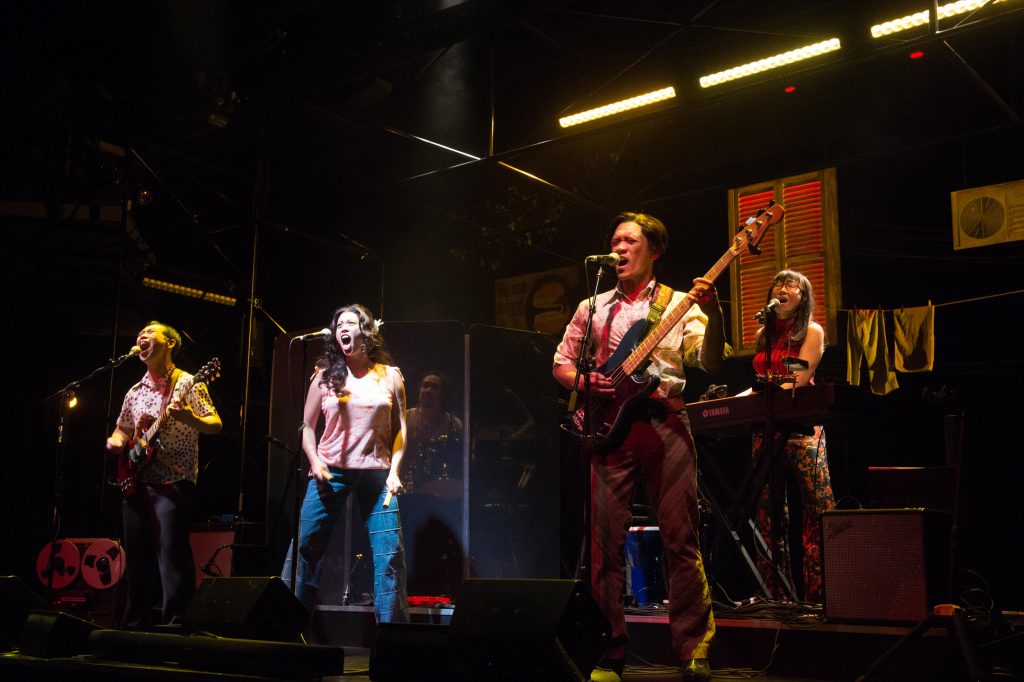“Copper Children”
written by Karen Zacarias
directed by Shariffa Ali
Ashland, OR
at the Oregon Shakespeare Festival
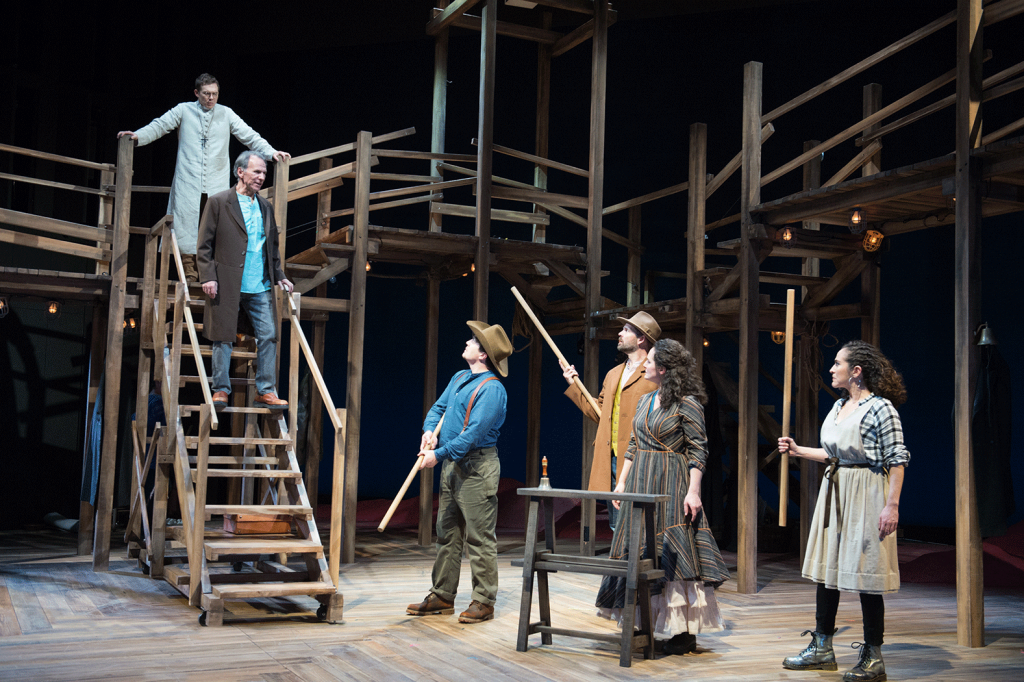
Photo by Jenny Graham, Oregon Shakespeare Festival.
Copper Children has much going for it: an under-told, important story, a talented playwright who entertained and educated us with Destiny of Desire, and an experienced and immensely talented cast. Unfortunately, this world premiere wasted its assets and delivers an evening that is a moralistic plod which fails to create drama or feelings.
The play tells the story is of white Catholic orphans from New York who get sent out west for adoption by good Catholic families, good Mexican Catholic families. The families are already treated badly by the Protestant Anglo corporation bosses and other city residents. When the kids show up for distribution to the Mexican families, the authorities step in and give the children to white families.
The plot focuses on one Mexican family who has had several miscarriages and infant deaths caused by the pollution of the copper mine where everyone works. The wife is desperate for a child, and she and her husband are salt-of-the-earth good people. They’re perfect candidates to adopt a child. The Catholic adoption workers place a child with family only to have the girl forcibly removed and given to a powerful white family.
Along the way we learn about the terrible life orphans in New York have. We understand that matching these children to new families out west is a good thing. We see the New York nuns send the kids west.
For this play, the orphans are represented by a puppet girl. The use of the puppet and simple, but expressive set, by Scenic Designer Mariana Sanchez are creative highlights of the show.
Unfortunately the puppet is given more character than the human actors on stage. Most are cardboard cutouts of good or evil. Charles Mills (Rex Young) as the mining company manager is a one-dimensional waste of acting talent. The Mexicans and the nuns are all over-the-top good — or at least good without engaging depth.
One character, Lottie Mills (Kate Hurster) as the manager of the company store and wife of the mining manager starts to be written as a good Anglo. In an early scene she seems to be trying to give Margarita Chacon (Caro Zeller), our would-be mother, a break on something Margarita is buying the the store. Lottie hides the deal from her pure sociopath husband and treats Margarita as a fellow human. But, in later scenes Lottie inexplicably switches into being the leading racist, making sure that the white New York City orphans don’t get placed with Mexican families. We learn that Lottie has also had problems having a child and she winds up with our puppet girl, but the change in Lottie’s attitude really isn’t understandable.
Father Mandin (Eddie Lopez) is the one character who develops any depth.
Although not a major player, Lopez’s priest slows down the pace and deals with the people on stage as if they had complexity.
He himself seems to ponder, have concerns, and may even have internal conflict.
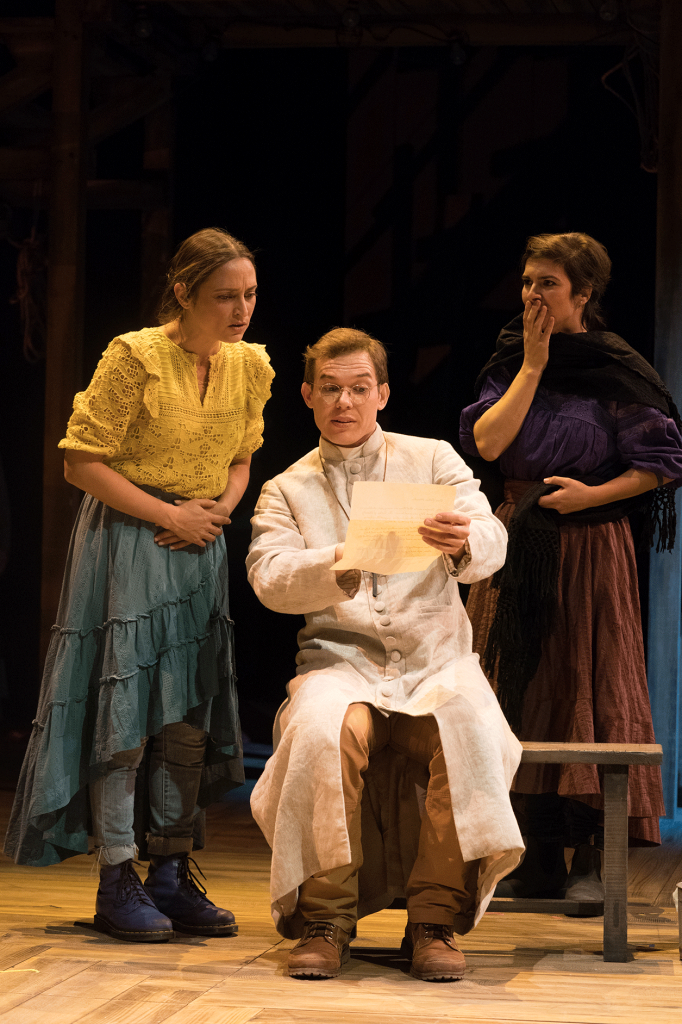
Photo by Jenny Graham, Oregon Shakespeare Festival.
Maybe that’s it. Aside from Father Mandin, The Copper Children is populated by walking/talking symbols and not people. The one-dimensional all good/all evil roles fit the Telenovela melodramatic format of Destiny of Desire. As a pointed comedy, Destiny made its statements with silly characters. We laughed while we also absorbed the social truths sprinkled in the script.
But, Copper Children is advertised as a drama. There is no wink-and-nudge smirk at the stereotypes shown on stage that entertained in Destiny. Instead, we are bludgeoned with one-dimensional moralism delivered via incompletely written characters. The experience just isn’t fun, absorbing, or good theater.
The play educated me on on some evil bits of our American history. I learned about copper mining in the West and the corporate greed and white racism that devastated the Mexican workers and their families. Still, a few paragraphs in a history essay would have reached me more effectively.
The Copper Children should be so much better. Zacarias picked a moment with the action, people, and dilemma primed for exploration. But, as written on opening night, Copper Children piles on guilt without growth or involvement. My wild hope is that Zacarias will use the COVID-19 OSF shutdown to add dimension to the characters and either subtlety or humor to her moral imperatives.
Ozdachs rating:![]()

